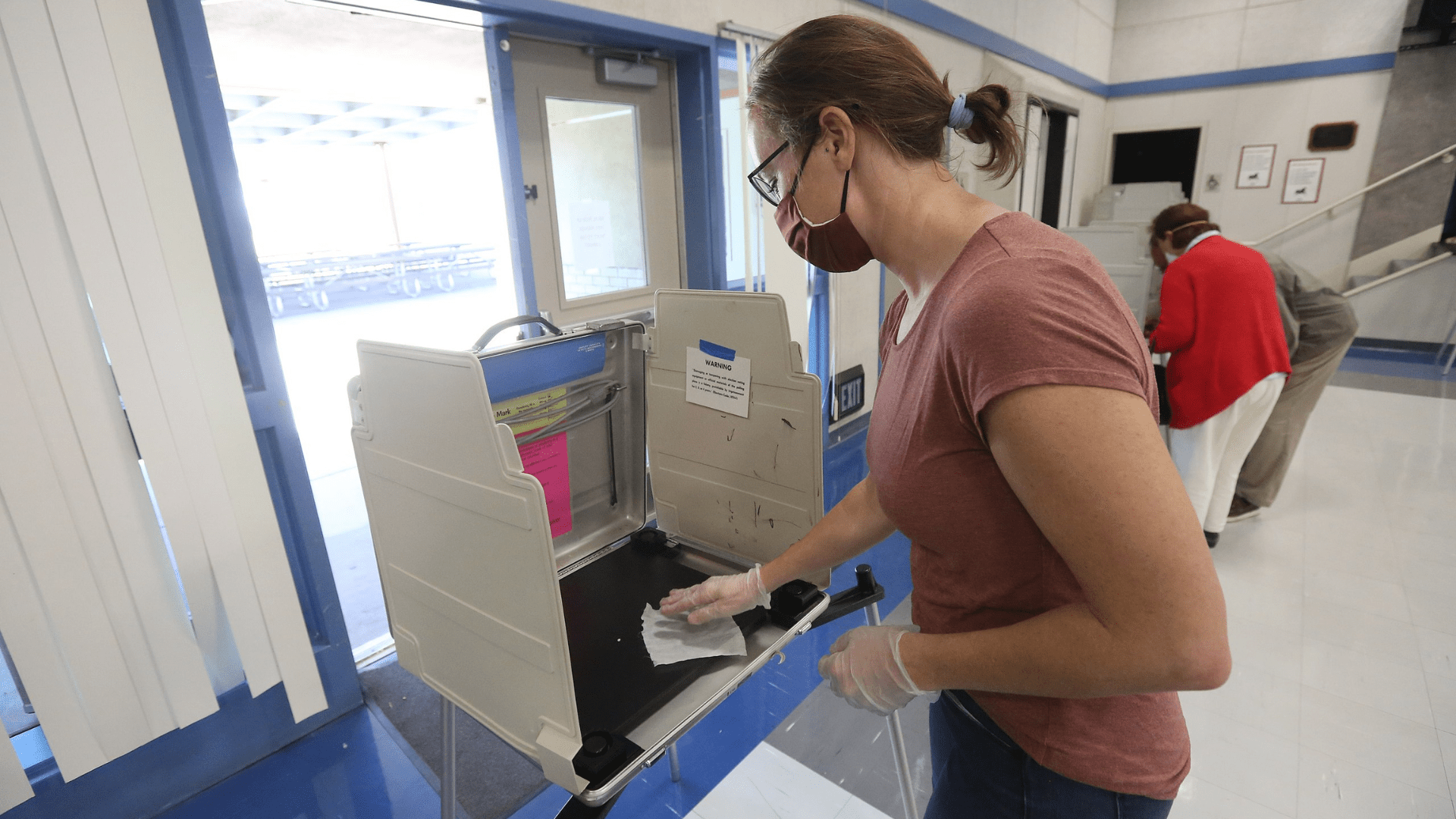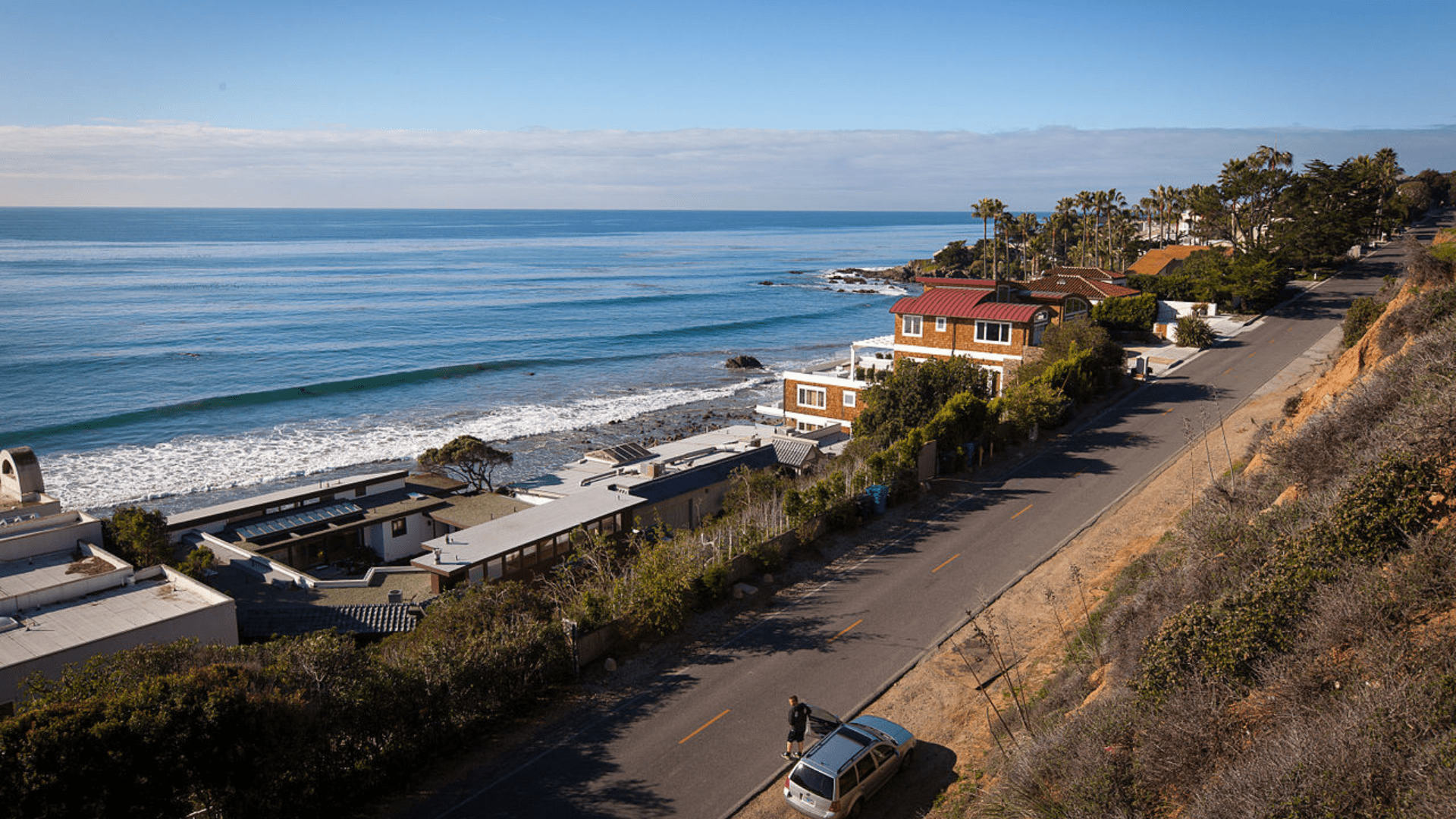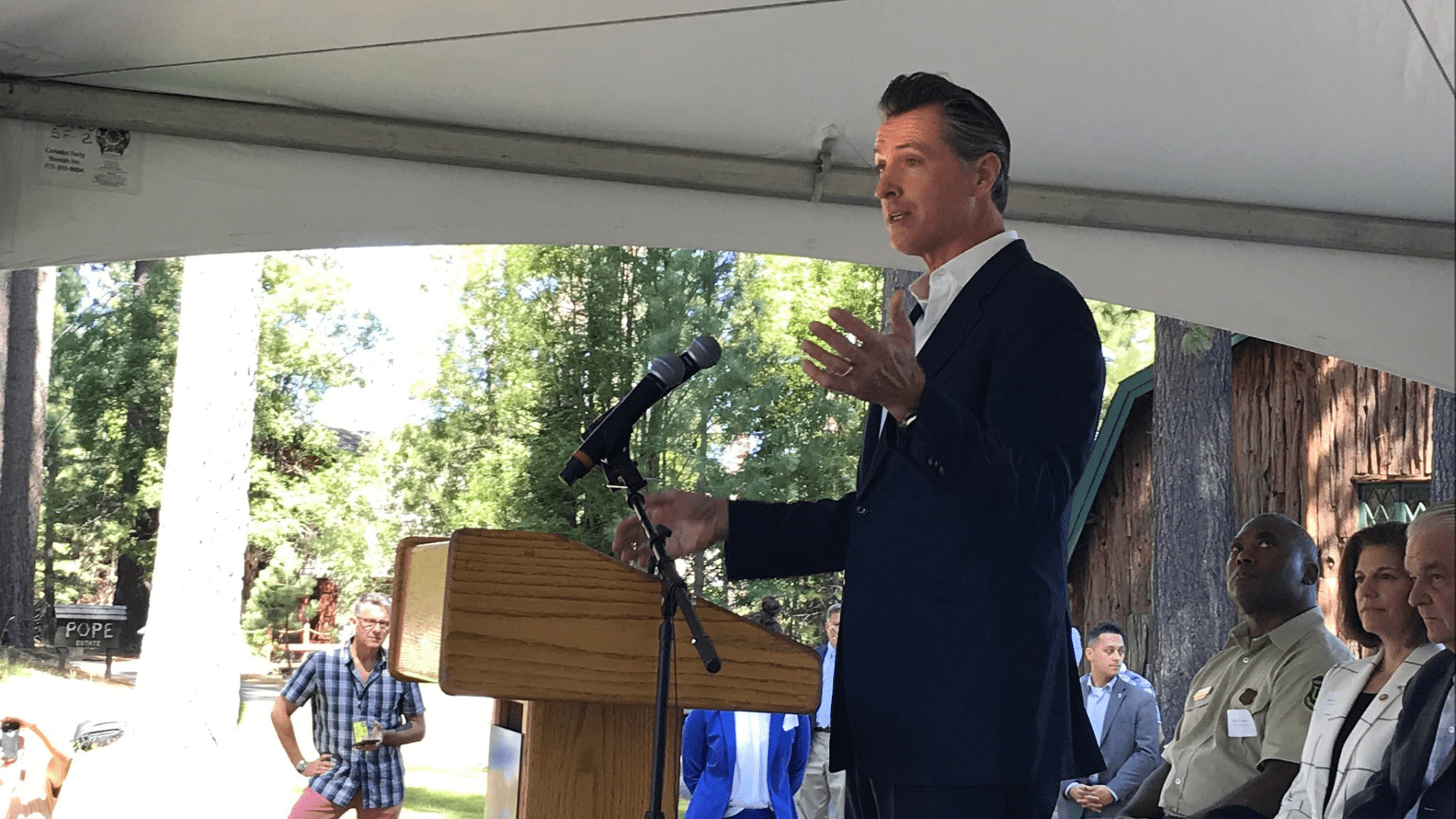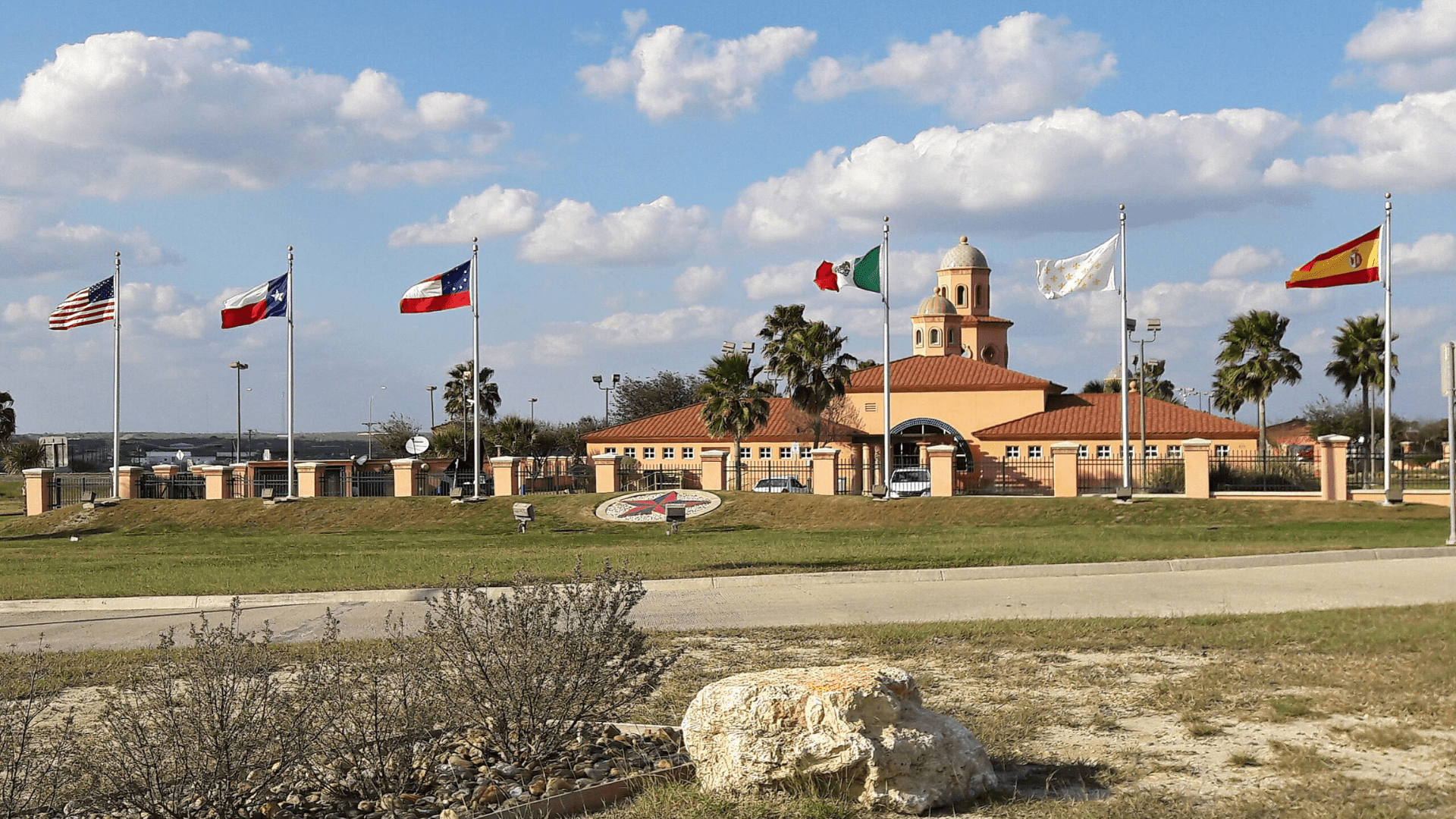Recent survey results from the Independent California poll conducted by YouGov have stirred discussions about Californians’ sentiments toward state secession.
Despite the surprising revelation that 58 percent of respondents believe California would be “better off” if it seceded from the United States, experts caution against assuming this reflects a genuine desire for secession.
How the Survey was Conducted

The survey involved 500 randomly chosen adults in the state and raised questions about the practicality and likelihood of such a move, especially considering the legal barriers set by the post-Civil War decision in Texas v. White (1869).
A remarkable 58 percent of those surveyed claimed that California would be better off if California could peacefully succeed from the United States at large while still retaining a working relationship with the country. Even more of the respondents agreed, however, that the ability to succeed was probably impossible due to the aforementioned Texas v. White.
Academics Say a Huge Gap Exists Between Survey Results and Action

While the survey indicates a substantial percentage favoring secession, academics emphasize the disparity between survey responses and actionable decisions.
Michal Strahilevitz, a business professor at Saint Mary’s College of California, highlights the tendency of survey respondents to express more radical views compared to their actual willingness to vote for such measures. The cautious nature of individuals when faced with a tangible decision, as opposed to survey responses, should be considered.
Biases that Significantly Impact Surveys

Furthermore, survey response effects can significantly impact the reliability and validity of survey data, influencing how individuals answer questions. One common effect is “social desirability bias,” where respondents provide answers aligning with societal norms or presenting a more favorable image.
This bias can distort results, particularly in sensitive topics like drug use or prejudice. Mitigation strategies surveyors use include anonymizing responses and using indirect questioning techniques. “Acquiescence bias” is another phenomenon where individuals agree without thoughtful consideration, affecting response quality. Sometimes techniques like reverse-coded questions can address this bias.
The Legal Hurdle: Texas v. White (1869)

As noted, 60 percent of Californians acknowledged the legal impediment to secession presented by the Texas v. White ruling, which deemed unilateral secession by a state illegal.
This legal precedent, established by the U.S. Supreme Court, poses a significant barrier to any serious consideration of California becoming an independent country. The acknowledgment of this legal constraint indicates that the majority of respondents might view the idea of California seceding as more of a hypothetical wish than a realistic possibility.
Political Landscape and Presidential Elections

The survey results also hint at the influence of political dynamics on Californians’ views toward secession.
Strahilevitz suggests that the outcome of the next presidential election could significantly sway public opinion.
Another Trump Presidency May Make California Want to Secede

Notably, sentiments might be more favorable toward secession if a candidate like Donald Trump is elected, reflecting Californians’ concerns about another four years under his administration.
This correlation between political climate and secessionist sentiments underscores the dynamic nature of public opinion.
Fantasy vs. Reality: The Californian Dream of Secession

Strahilevitz characterizes the survey results as indicative of a Californian dream or fantasy rather than a serious inclination toward secession.
Drawing parallels to personal grievances in which individuals might fantasize about leaving a job or getting a divorce without taking concrete actions, she suggests that Californians expressing a desire for secession may be engaging in wishful thinking rather than advocating for a tangible separation.
Wishful Thinking and Preference-Expectation Link

Wishful thinking in voting represents a cognitive bias wherein individuals anticipate outcomes based on personal preferences rather than objective evidence or probabilities.
This preference-expectation link is notable, as people often predict election outcomes aligning with their favored candidates, despite contrary evidence. This bias can be pervasive and challenging to mitigate.
Liberal Leanings and Expression of Views

Given California’s reputation as a liberal state, the survey results might also reflect the outspoken nature of its citizens.
Pila Jessie, a realtor in California, notes the increasing social and political divisions within the state, suggesting that secessionist discussions could be amplified by the diversity of perspectives within California. This diversity may contribute to the expression of varying views on secession, with more liberal voices being vocal in surveys.
Comparative Analysis with Other States

While California is not the only state with discussions about secession, the survey results prompt a comparative analysis with states like Texas, where over 211,000 people follow the Texas Nationalist Movement page on Facebook.
However, the legal uncertainties surrounding secession, as emphasized by the Texas v. White ruling, cast doubts on the feasibility of such actions. Politicians, such as Republican presidential candidate Nikki Haley, acknowledge the hypothetical nature of these discussions, likening them to Britain’s departure from the European Union.
Californian Views on Secession More Aspirational than Practical

The survey results indicate Californians’ beliefs about the potential benefits of secession should be approached with caution. The legal obstacles presented by the Texas v. White ruling, coupled with the likelihood that survey responses may not translate into actionable decisions, suggest that Californian views on secession might be more aspirational than practical.
The intersection of political dynamics, the upcoming presidential election, and the diverse voices within California further complicates the landscape. While discussions about secession persist, it remains uncertain whether Californians would ever mobilize for a serious attempt at independence.
